Article Topics
Introduction
While there are many vitamins and minerals that we need to survive, vitamin D is one of the most important. It can have a significant impact on your health and well-being, but unfortunately, it’s not always easy to know when you’re deficient in Vitamin D. So how can you tell if you’re lacking this essential vitamin? First, let’s look at what happens if your levels are low:
Fatigue
Vitamin D is important for your health. It helps regulate sleep patterns, muscle strength and the body’s ability to absorb calcium.
If you’re tired all the time, or experience weakness or muscle pain that isn’t caused by exercise or injury, it could be a sign that you’re deficient in vitamin D.
Autoimmune disease
Autoimmune diseases are caused by the body’s immune system attacking healthy cells. Vitamin D is important for the immune system, and it can help regulate it. A vitamin D deficiency may cause autoimmune disease, but more research is needed to confirm this link.
Cancer
Vitamin D is an important vitamin that helps to regulate the immune system. Studies have shown that it can also help fight cancer, prevent cancer and treat it if you have it.
Vitamin D is known to play a role in controlling cell growth and division, which may explain why people with low levels of this vitamin are at greater risk for developing certain types of cancer such as colorectal or breast cancer.
Insomnia
One of the health benefits of vitamin D is that it helps your body regulate its sleep cycle. When you get enough vitamin D, melatonin production increases and your body can fall asleep more easily.
However, if you’re deficient in vitamin D then this process may be impaired. Insomnia can result from an imbalance between these two hormones: too much melatonin will keep you awake while not enough means that falling asleep is difficult or impossible.
Here are a couple of products that actually work for sleep:
- Aspen Green REST Gummies – You can use Promo Code UPG for 35% off
- Aspen Green REST Tincture – You can use Promo Code UPG for 35% off
- Receptra Serious Rest Gummies – You can use Promo Code UPG for 15% off
Bone pain or achiness
- Bone pain or achiness. Bone pain or achiness can be caused by vitamin D deficiency, but it’s also often the result of other medical conditions. If you have bone pain or achiness, talk to your doctor about what might be causing it so that they can help determine if your symptoms are related to vitamin D deficiency and how best to treat them.
Depression
Vitamin D is important for all of these processes, and a deficiency can lead to depression. Depression is often thought of as a mental health condition, but it has physical symptoms as well. Vitamin D deficiency has been linked with many physical disorders such as cancer and heart disease.
Hair loss
Hair loss is a common sign of vitamin D deficiency. If you’re experiencing hair loss, it could be an indication that your body isn’t receiving enough vitamin D. In addition to getting enough sun exposure and eating foods rich in vitamin D, supplements are also an option if you don’t get enough from food sources alone. However, supplements aren’t always necessary; many people can maintain healthy levels of the nutrient through diet alone.
Muscle weakness
Vitamin D can be obtained from food sources, such as eggs and fatty fish, or through supplements. The National Institutes of Health recommends that adults get at least 600 IU per day; babies need 400 IU per day until they’re 1 year old, when their daily intake should increase to 600 IU.
If you’re concerned about your vitamin D levels, talk to your doctor about getting tested for deficiency. If you don’t get enough vitamin D–which is especially common in older adults–the following symptoms may occur: muscle weakness; brittle bones; osteoporosis (thinning of bones); rickets (a disease causing softening of the bones) in children under age 5; seizures.
If you suspect that you have a deficiency or if any of these symptoms persist despite treatment, see a doctor immediately!
Loss of appetite
You might be experiencing a vitamin D deficiency if you have loss of appetite.
Vitamin D is a fat-soluble vitamin that is essential for human health and it can be found in certain foods such as eggs, fish, meat, butter and fortified milk products. Vitamin D3 (cholecalciferol) is the most active form of vitamin D produced by our bodies when exposed to sunlight on our skin or taken in through foods containing it.
Prone to sickness
Vitamin D is a key nutrient for your immune system, which means that a deficiency can lead to a weakened immune system. This can cause more frequent colds and flu as well as other infections such as pneumonia or tuberculosis.
Vitamin D is important for your health.
Vitamin D is important for your health. It helps your body absorb calcium and regulates blood pressure, muscle strength, and bone density.
Vitamin D deficiency can cause many health problems like weak bones (osteoporosis) or muscle weakness in children. In adults, it may increase the risk of heart disease and diabetes if left untreated.
Some people are more at risk of vitamin D deficiency than others:
- People who have dark skin or live far from the equator (the region on Earth where sunlight reaches directly overhead) do not make enough vitamin D from sunlight exposure
Here’s a tested and recommended Vitamin D product:
Benefits of Vitamin K2
Vitamin K2 promotes bone health, brain function and heart health. It also helps the body use calcium properly to build bones and inhibit calcification of blood vessels. Vitamin K2 is found in animal foods and preserved foods.
Conclusion
Vitamin D is an important nutrient that we all need in order to stay healthy. If you think that you might be deficient in vitamin D, it’s important to see your doctor for testing and treatment options.
Healthy Vitamin D levels in you body range from:
- 20 nanograms/milliliter to 50 ng/mL is considered adequate for ‘healthy bodies’.
Article: Top 10 Benefits of Vitamin D




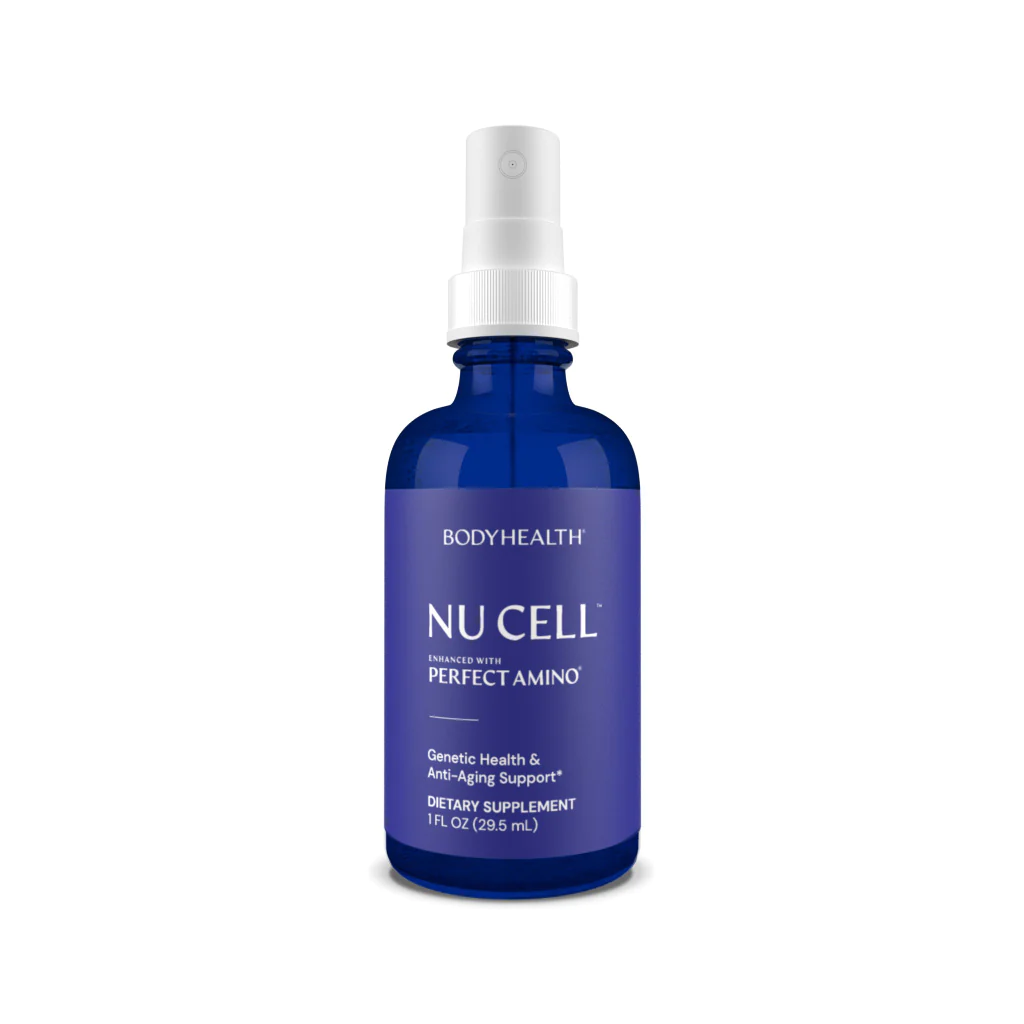





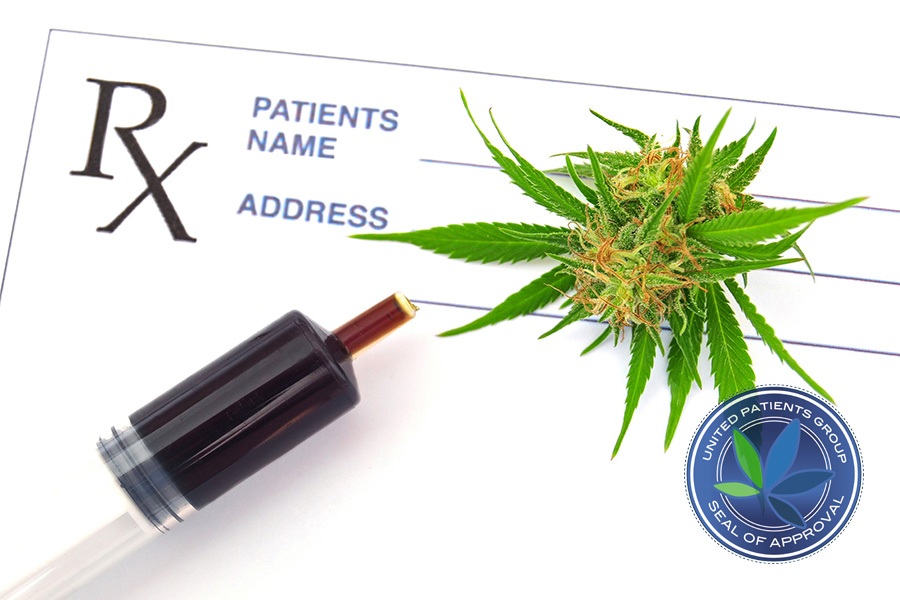



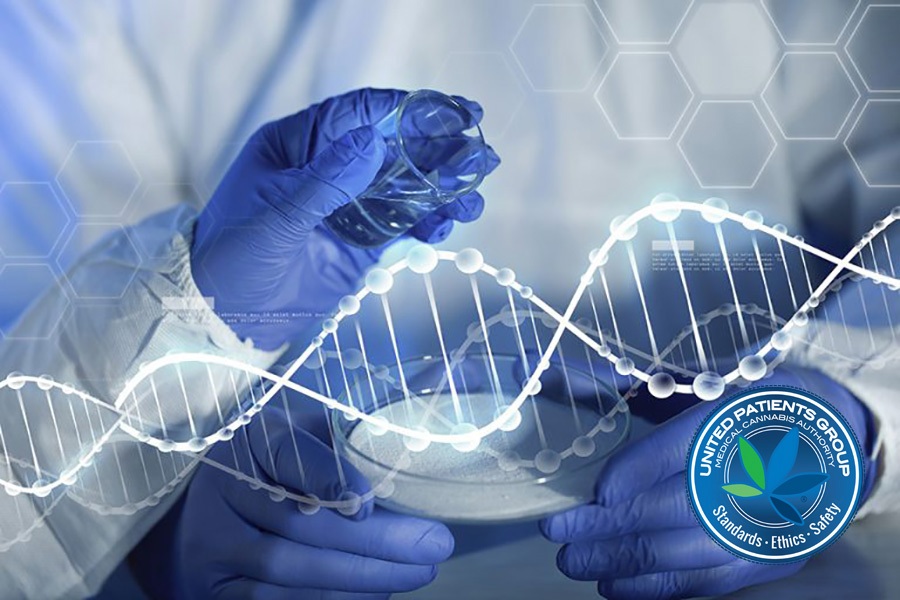
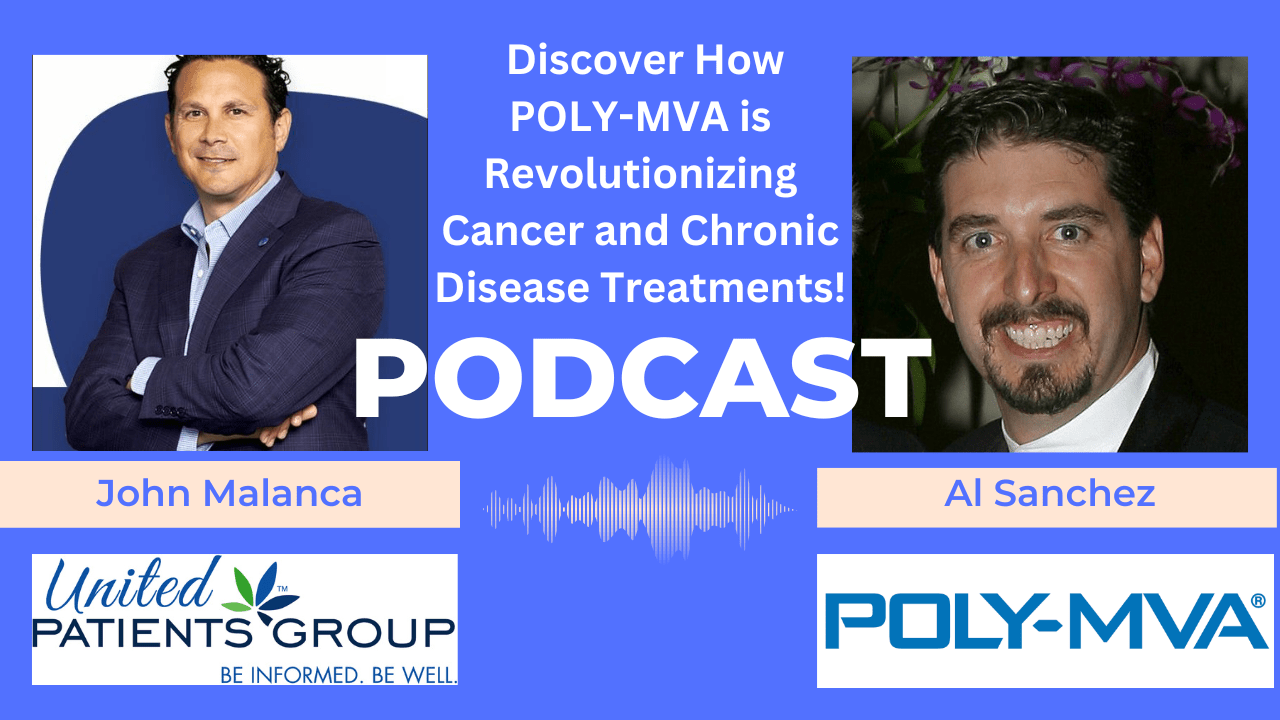


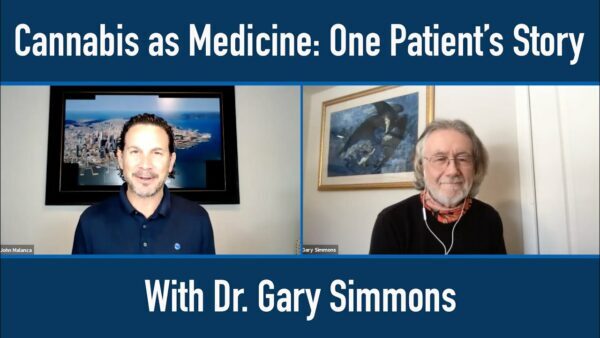
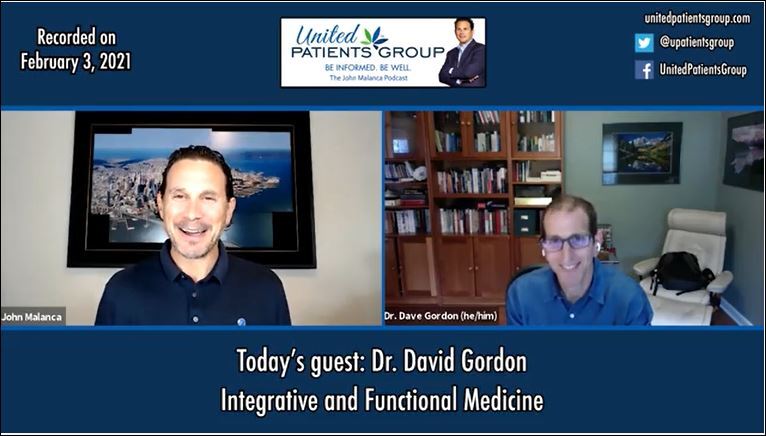



















Leave a Reply Cancel reply